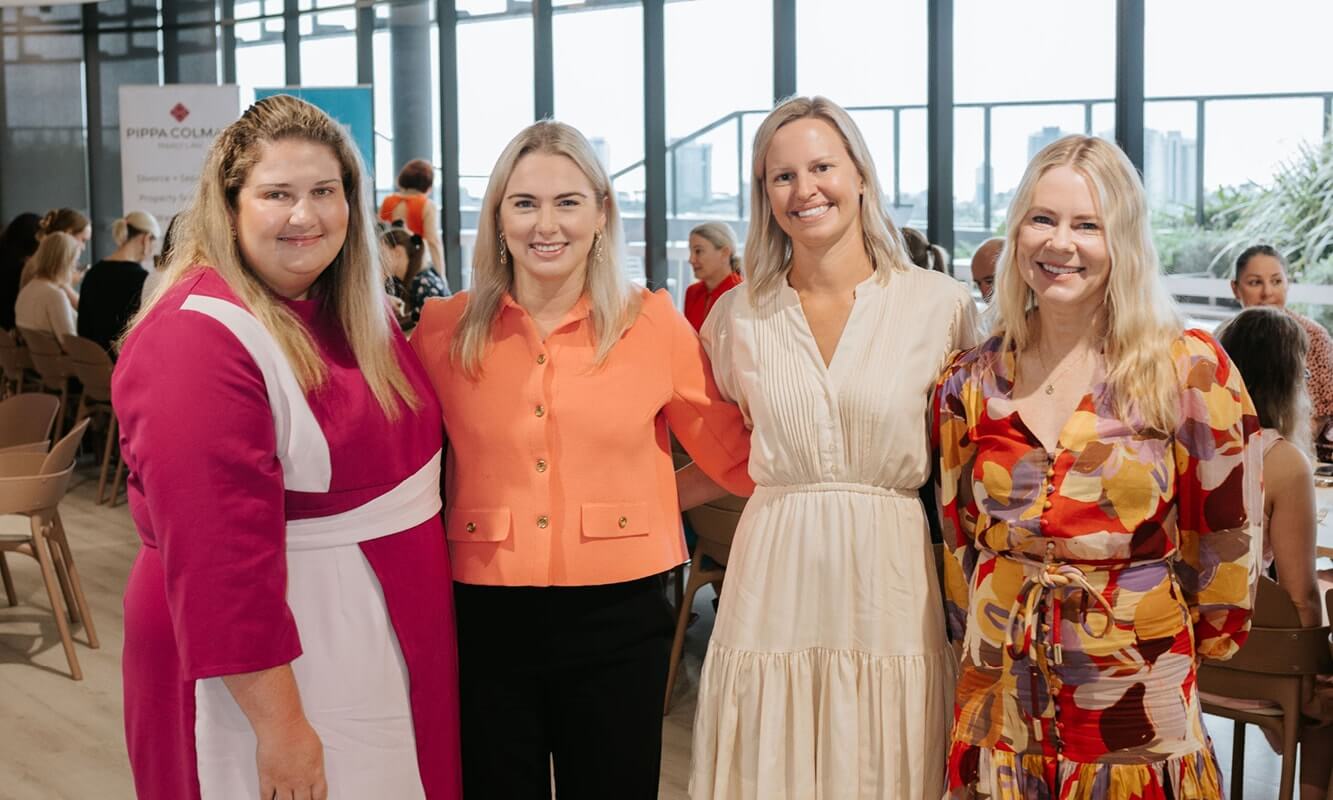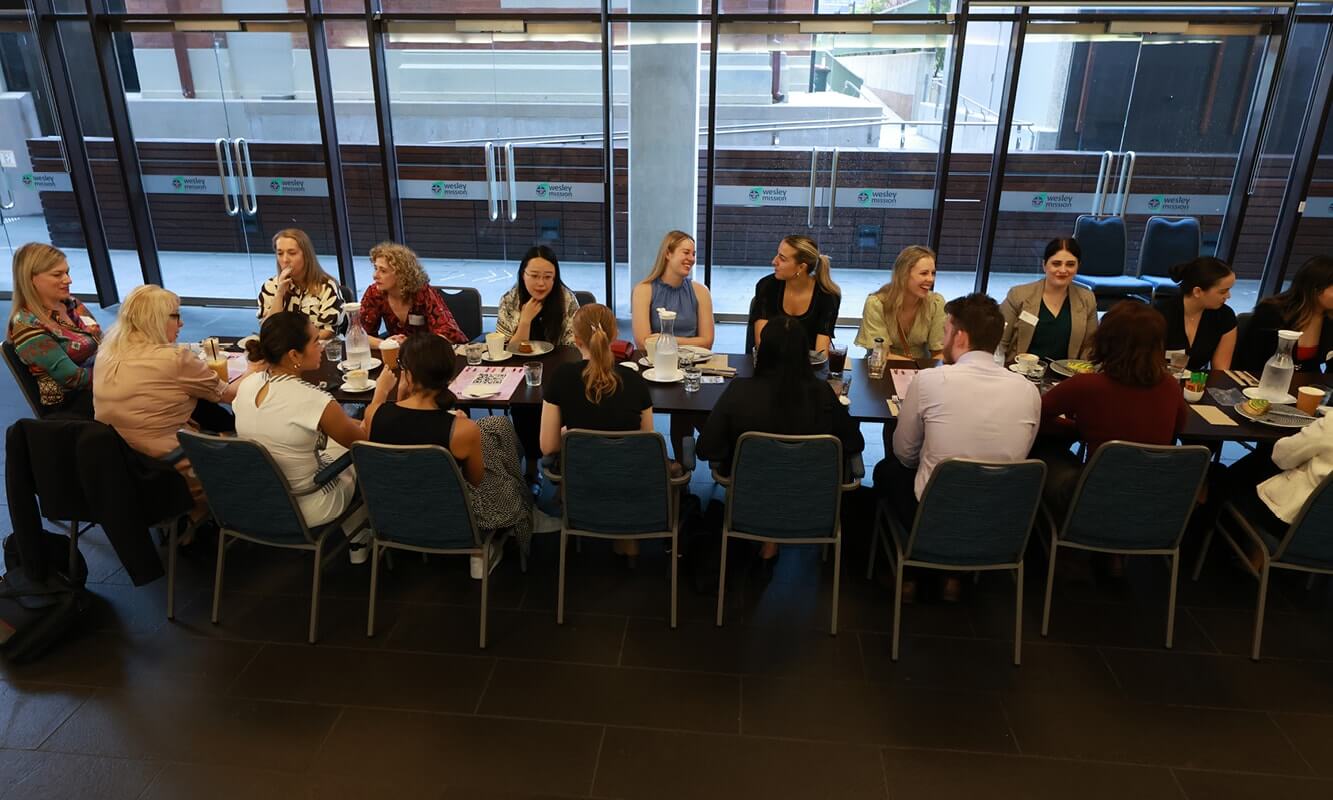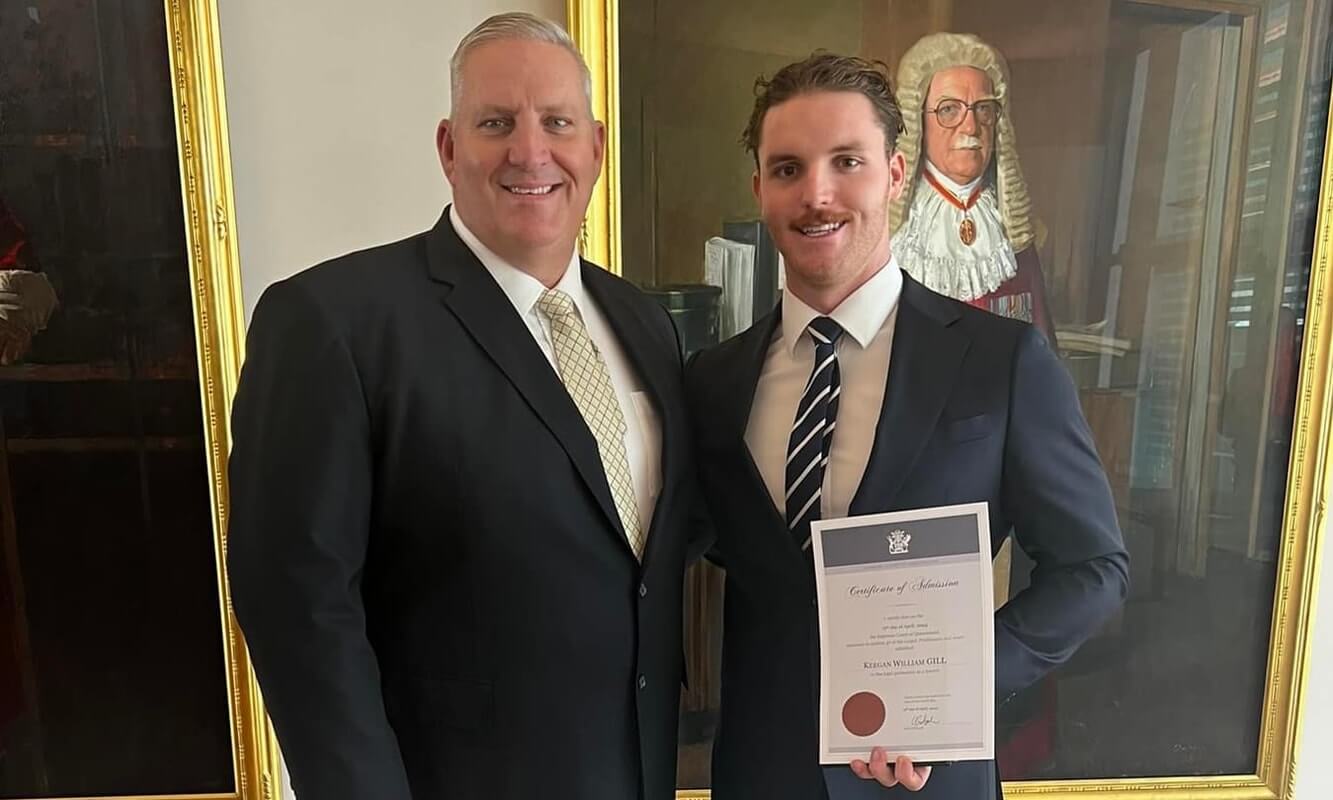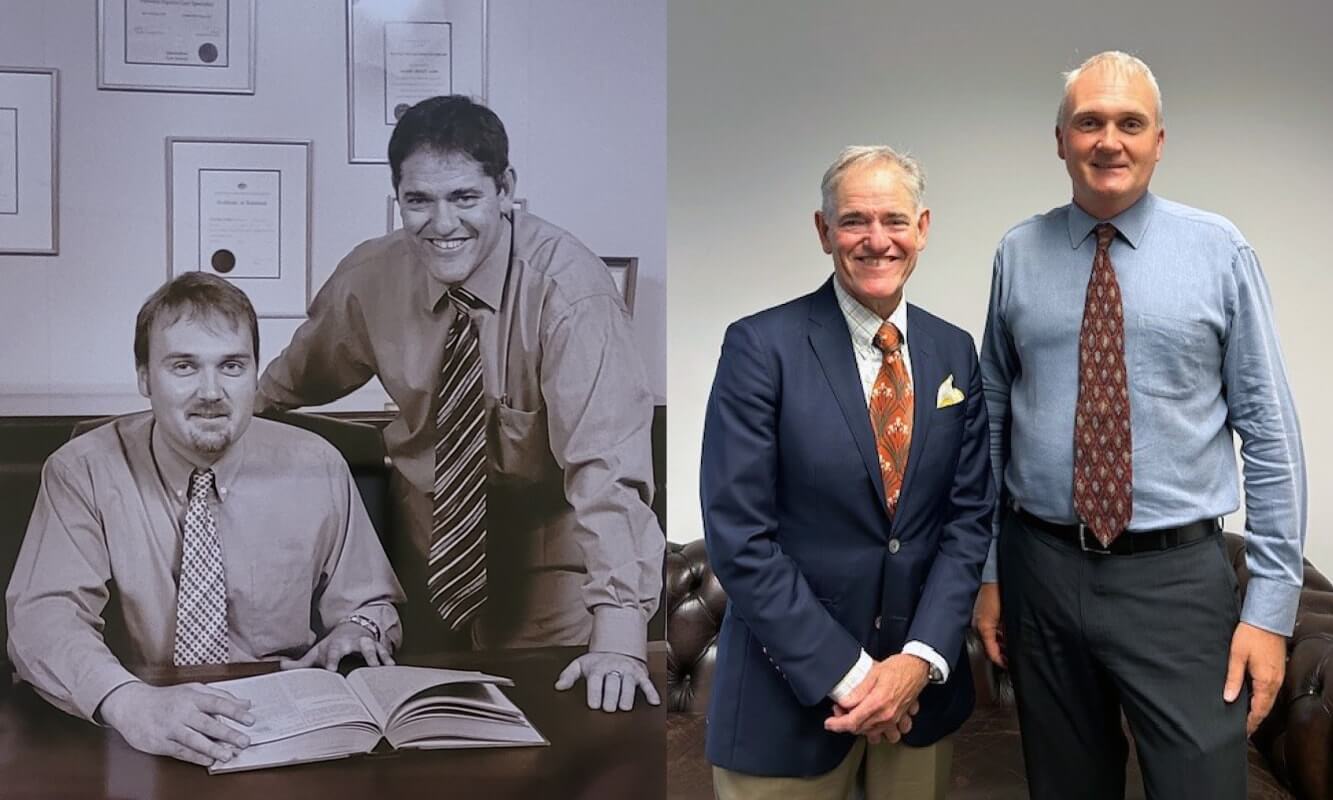Education and training in Domestic and Family Violence (DFV) should be a core competency for all lawyers.
That was the message from Associate Professor Francesca Bartlett at the Community Legal Centres Queensland webinar What is ‘good domestic violence lawyering’? on Tuesday.
The University of Queensland academic spoke about the findings of a study she conducted with other researchers at women’s legal services in Sydney, Melbourne and Brisbane, to determine the elements of ‘good’ domestic violence lawyering.
“We need training and we need knowledge because we need to understand who our clients are but also so we do not become part of the problem,” she said.
Associate Professor Bartlett, who is also a member of the Queensland Law Society Ethics Committee, spoke on a range of issues raised by the lawyers who participated in the study, including systems abuse and trauma-informed practice.

She said the findings on systems abuse and secondary trauma could be categorised into four main areas:
(1) perpetrators using the system as a mode of coercive control,
(2) secondary victimisation as a result of interacting with the system,
(3) victims required to relive their abuse, and
(4) long-term psychological consequences of having engaged with the system.
Associate Professor Bartlett also pointed to the financial harms associated with court proceedings for DFV victims.
“Lawyers, unfortunately, can be part of that process by helping perpetrators through what is described as ‘burning off’ of the finances of their ex-partner,” she said.
The study found the features of good DFV lawyering included how a lawyer worked with an individual client, conducted the proceedings, and the extent to which they were engaged with systemic reform.
“In general, participants emphasised that good DFV lawyering is about legal knowledge and ethical awareness, combined with a deep understanding of DFV,” Associate Professor Bartlett said.
She said knowledge informed a lawyers’ actions, including their methods of conducting questioning and risk assessments, and how they ensured a safe and accessible environment for clients.
She also pointed to the importance of trauma-informed lawyering in the DFV space.
“Being trauma-informed not only focuses on understanding the nature of trauma and how it might impact on a person and shape their responses and reactions, but also involves recognising the impact that working with issues related to trauma can have on lawyers, and how the legal system itself might contribute to and compound trauma,” she said.
The study found five key aspects of trauma-informed lawyering:
(1) time spent with clients;
(2) trying to avoid or ameliorate possible re-traumatisation through the legal process, including through dealings with the lawyer themselves;
(3) being aware that trauma could manifest in different ways;
(4) adopting whole-client-centred practices; and
(5) how the lawyer framed and described the experience of DFV and its impacts for their clients and the court.
“All of these good practices and the knowledge about how domestic violence might arise and present are crucial for building a rapport and also for gathering good evidence,” Associate Professor Bartlett said.
She said it was important to recognise, however, the tensions inherent in these lawyering techniques.
“Quite a lot of lawyers talked about the importance of believing the client but also the difficulty of having to establish a case to a legal standard,” she said.
“They also talked quite a bit about the variable legal landscape that they faced, and how difficult that can be at certain times, notwithstanding all the best approaches in the world – different magistrates might have to be encountered and dealt with in different ways.
“Ethical tensions are also always there for all lawyers, but are particularly difficult in this context sometimes where the client instructions are at odds with the client’s experience of domestic and family violence, where there might be real issues around confidentiality but balancing this with the court.”
Associate Professor Bartlett concluded by listing recommendations 38 and 39 of the first Hear her voice report into domestic and family violence in Queensland, which called for substantive law relating to DFV to be included in prescribed legal study for admission, and for legal authorities to ensure all lawyers had a current understanding of DFV.
The findings from the study conducted by Associate Professor Bartlett and others are contained in the report What is ‘good’ domestic violence lawyering?: views from specialist legal services in Australia, which was published in the International Journal of Law, Policy and the Family in January.
Community Legal Centres Queensland offers free webinars year-round on a variety of topics. For details, visit the website.














Share this article